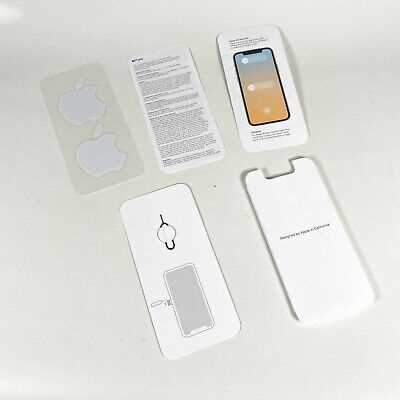
Modern technology offers a vast array of features that can enhance your daily experience. This guide is designed to help you navigate the essentials of your smartphone, from initial setup to maximizing its potential in everyday use. Understanding how to use your device efficiently can save time and make life more convenient.
Whether you’re familiar with the basics or exploring advanced functionalities for the first time, this detailed overview will provide clear instructions for various tasks. By the end of this guide, you’ll be able to customize your phone, ensure smooth performance, and fully enjoy its impressive capabilities.
From communication to entertainment, there are numerous ways to optimize your device’s features. With step-by-step explanations, you’ll learn how to unlock the full potential of this powerful tool in your pocket.
Apple iPhone 8 Overview and Features
The device introduced a new era in mobile technology, combining elegance with powerful hardware and intuitive design. This model offers users a seamless experience, integrating various advanced functionalities that cater to both casual and professional needs. With an upgraded performance and a familiar yet refined interface, this smartphone continues to stand as a symbol of quality and innovation.
Design and Display
The device’s body is crafted from premium materials, offering both durability and a sleek appearance. Its front and back panels are made of a strengthened glass that is not only visually appealing but also adds resilience to daily wear and tear. The compact size and rounded edges provide a comfortable grip, while the display delivers vibrant colors and sharp details, perfect for media consumption and everyday use.
Performance and Camera
Equipped with a cutting-edge processor, the device ensures smooth multitasking, fast application loading times, and efficient handling of even the most demanding tasks. This is further enhanced by a highly responsive user interface, allowing users to navigate effortlessly. The camera system includes an enhanced lens that captures detailed photos and videos, even in low-light conditions. Combined with smart image processing, this results in high-quality images that can rival professional equipment.
| Feature | Details |
|---|---|
| Display Size | 4.7 inches |
| Resolution | 1334 x 750 pixels |
| Processor | Hexa-core chip |
| Camera | 12 MP rear, 7 MP front |
| Storage | 64 GB / 256 GB |
| Operating System | iOS 11 (upgradable) |
Setting Up Your New iPhone 8
When you first unbox your device, it’s important to properly configure it to ensure optimal performance. This guide will walk you through the initial steps, from powering it on to connecting to essential services. Taking the time to complete these steps ensures that your device is ready for use and tailored to your preferences.
Initial Setup Process
To begin, press and hold the power button until the screen lights up. Once you see the welcome message, select your preferred language and region. These settings will define your keyboard, date, time, and system preferences. Afterward, connect to a stable Wi-Fi network, as some features will require internet access to complete the setup process.
Activating and Signing In
After connecting to the internet, the device will prompt you to sign in with your account credentials. If you already have an account, simply enter your information. New users can create an account during this step. Once signed in, you can restore data from a previous backup or set up your phone as new. You will also be asked to enable features such as location services and security options, including a passcode or fingerprint recognition.
| Step | Action |
|---|---|
| 1 | Power on your device |
| 2 | Select language and region |
| 3 | Connect to Wi-Fi |
| 4 | Sign in or create an account |
| 5 | Restore from backup or set up as new |
| 6 | Configure security and additional features |
Customizing Settings for Optimal Performance
Enhancing your device’s capabilities through customized settings allows for smoother, faster performance. By adjusting key features, you can tailor its operation to meet your specific needs, ensuring the best possible experience in everyday use. Below, we explore essential configurations to optimize speed, battery life, and overall efficiency.
Adjusting Display Settings
One of the quickest ways to improve both performance and battery life is through modifying display options. Reducing brightness and enabling auto-brightness helps to extend battery usage, while lowering screen timeout reduces unnecessary power consumption when the device is idle. Additionally, choosing a darker theme can reduce strain on resources.
Managing Background Processes
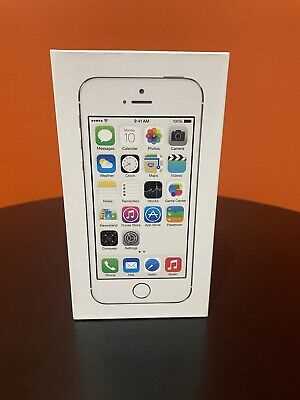
Applications running in the background often consume valuable system resources, affecting speed and battery. Review your active processes and disable those that are not essential. You can also limit background refresh for apps, ensuring that only the most critical ones update while minimizing unnecessary activity.
| Setting | Recommendation |
|---|---|
| Brightness | Lower to 50% or enable auto-brightness |
| Screen Timeout | Set to 30 seconds |
| Background App Refresh | Disable for non-essential apps |
| Theme | Use dark mode to save resources |
By fine-tuning these configurations, you can significantly improve the speed, efficiency, and longevity of your device.
Essential Tips for Battery Management
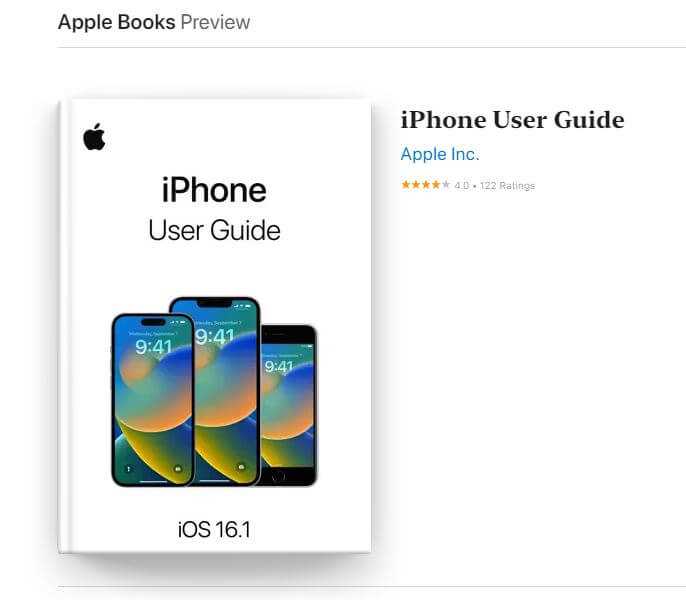
Efficient battery management is key to ensuring that your device stays powered throughout the day and maintains long-term health. By following a few practical guidelines, you can optimize power usage and extend the life of your battery.
Optimize Charging Habits
Avoid charging your device to 100% or letting it completely drain to 0%. Keeping the charge between 20% and 80% is a balanced approach to protect battery health. Fast charging is convenient but frequent use can generate excess heat, potentially reducing the battery’s lifespan. Consider using standard charging methods when time permits.
Manage Power-Hungry Features
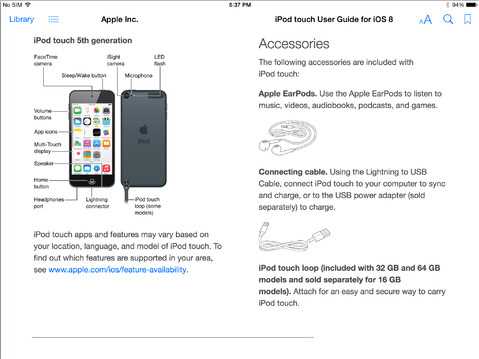
Turning off background processes, adjusting screen brightness, and disabling unnecessary wireless connections like Bluetooth or Wi-Fi when not in use can significantly reduce power consumption. Low Power Mode is another helpful feature for preserving energy during periods of low battery.
By implementing these strategies, you can not only improve daily battery life but also ensure that your device remains reliable for a longer time.
Exploring Camera Functions and Photography
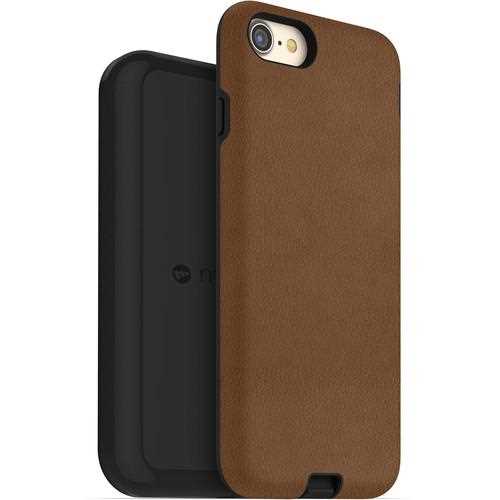
Discover the extensive capabilities of your device’s camera system, designed to elevate your photography experience. This section delves into various features and tools that help you capture stunning images with ease. Whether you’re looking to master basic snapshots or explore advanced techniques, understanding these functions will enhance your creative potential.
Understanding Camera Modes
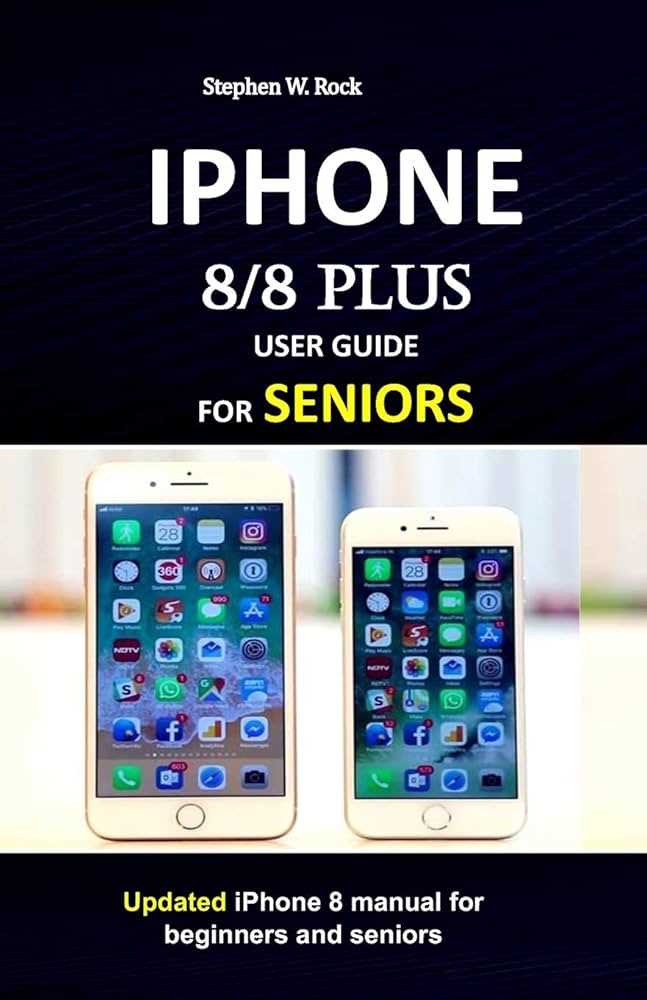
Your device offers several camera modes to suit different shooting scenarios. From standard photo mode to specialized settings, each option provides unique benefits. Experiment with portrait mode for enhanced subject focus, or use landscape mode to capture wide vistas with impressive detail. Familiarize yourself with these modes to choose the best one for every occasion.
Utilizing Advanced Features
Explore advanced settings such as manual focus, exposure adjustments, and HDR to gain greater control over your shots. These features allow you to fine-tune your images, ensuring optimal clarity and color balance. By experimenting with these tools, you can achieve professional-quality results and truly make the most of your device’s photographic capabilities.
Troubleshooting Common Issues on iPhone 8
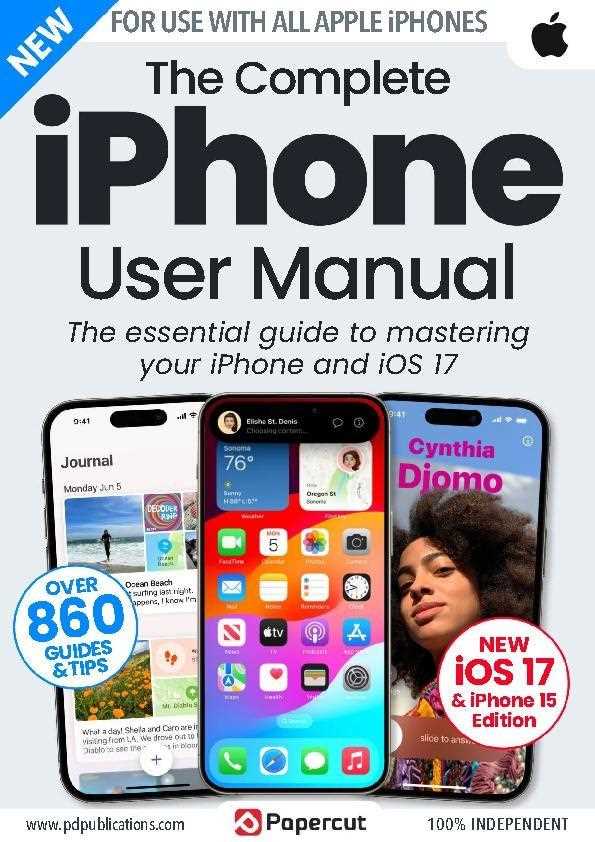
Encountering problems with your device can be frustrating, but many common issues have straightforward solutions. This section will guide you through some typical challenges users face and provide step-by-step instructions to resolve them. By following these troubleshooting tips, you can often fix problems yourself without needing professional assistance.
Device Won’t Turn On: If your device seems unresponsive, try performing a force restart. Press and hold both the Side and Volume Down buttons simultaneously until the Apple logo appears. If this doesn’t work, ensure the battery is charged by connecting the device to a power source and letting it charge for at least 15 minutes.
Screen Unresponsive: When the touchscreen is not reacting, check for any screen damage or debris. Clean the screen with a soft, lint-free cloth. If the issue persists, perform a force restart as described above. If the screen remains unresponsive, it might be a hardware issue requiring professional repair.
Wi-Fi Connectivity Problems: If you’re having trouble connecting to a Wi-Fi network, first ensure that Wi-Fi is enabled in the Settings menu. Toggle the Wi-Fi off and then back on. Restart your router and device, and check for any software updates that might address connectivity issues.
Battery Draining Quickly: Rapid battery drain can be caused by background apps or outdated software. Review which apps are using the most battery by going to Settings > Battery. Update your device to the latest software version and consider closing apps running in the background to conserve battery life.
Problems with Apps: If an app crashes or does not function properly, try closing the app and reopening it. If the problem continues, check for updates in the App Store. Deleting and reinstalling the app can also resolve persistent issues.